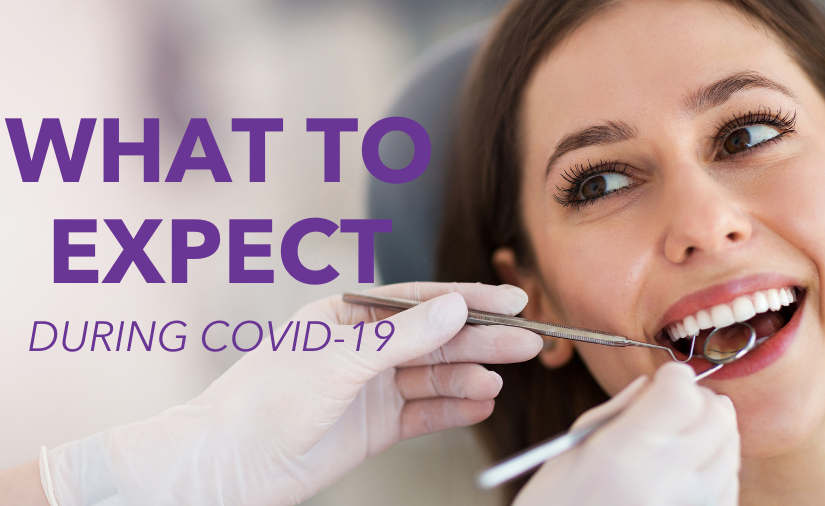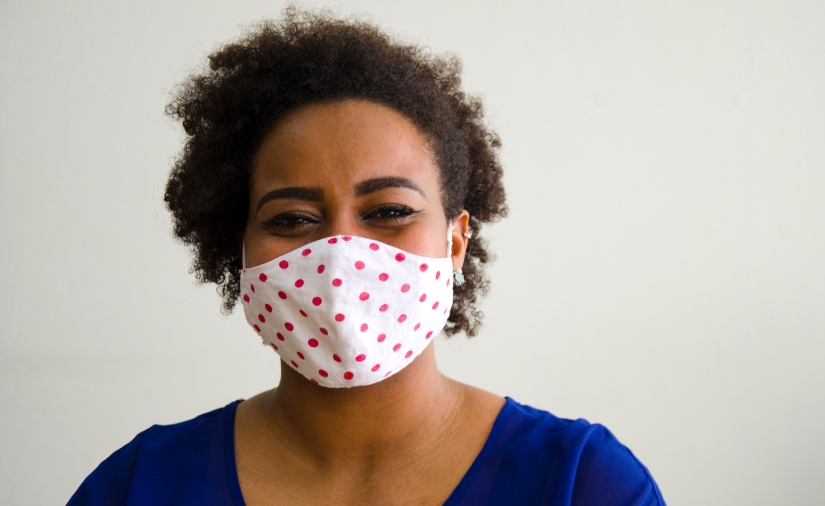By Dr: Elizabeth Eggert
We know you want to keep your teeth healthy every day of the year. It’s never fun to seek emergency dental care and it’s even more challenging over the holidays. You don’t want to be on a soft-food diet while everyone else is enjoying the holiday feast! So spend your quality time with your family, instead of with Dr. Elizabeth or Dr. Jeff, by following these tips to keep your teeth healthy over the holidays.
Never Use Your Teeth to Open Packages or Bottles
Opening a gift is supposed to be fun, not an invitation for a root canal or crown. Always keep the right tools handy for opening bottles and packages, and take a minute to find what you need instead of improvising with your teeth. Before you start the present-opening chapter of your holiday, gather some sturdy scissors and a utility knife. If you need to open a stubborn bottle, try pliers or another gripping tool.
Don’t Chew On Ice Cubes or Hard Candy
If you indulge in hard candy, let it dissolve slowly in your mouth instead of crunching it. Or better still, skip it or eat sugar-free versions for better dental health. Don’t chew on ice because it can crack or chip your teeth. Once again, it’s not worth a fleeting moment of satisfaction for a permanent impact on your teeth.
Never Crack Nuts with Your Teeth
You know it’s a bad idea to crack nuts with your teeth, right? Please don’t tempt fate, and always use a nutcracker. Yes, even for pistachios that haven’t split open properly. Using your teeth on a nutshell is a gamble that the nut will eventually win. Cracking a tooth is NOT worth it!
Skip the Chewy Treats
Chewy treats like taffy and caramel can pull out fillings. Resist the temptation, especially if you know you have lots of fillings or some precarious dental work that could suffer. Once again, not worth it if you end up hunting down a dentist on a holiday!
Wear a Mouth Guard
If you are prone to teeth grinding, make sure you wear your mouth guard diligently during the holidays. Many people find the holidays stressful, so stress responses like daytime or nighttime teeth grinding are exacerbated.
Quit Nail Biting
Nail biting is usually a stress-triggered behavior, and it’s bad for both fingernails and teeth. It’s linked to jaw problems, teeth grinding, clenching, and sensitive teeth. Try to quit this habit – it is the best holiday gift you can give yourself.


 Candy on a stick, such as lollipops or rock candy, is meant to be enjoyed over time. Because it lingers in your mouth, it increases the production of saliva. However, instead of the saliva doing its job and rinsing bacteria out of your mouth, it only spreads the sugar around. Additionally, your mouth produces acid in an attempt to destroy the sticky sugar that then coats your teeth. The acid and sugar team up to break down tooth enamel and, with repeat exposure, can result in tooth decay.
Candy on a stick, such as lollipops or rock candy, is meant to be enjoyed over time. Because it lingers in your mouth, it increases the production of saliva. However, instead of the saliva doing its job and rinsing bacteria out of your mouth, it only spreads the sugar around. Additionally, your mouth produces acid in an attempt to destroy the sticky sugar that then coats your teeth. The acid and sugar team up to break down tooth enamel and, with repeat exposure, can result in tooth decay. You might be wondering where sour candy fits into the picture. Warheads, Sour Patch Kids, Sour Skittles…kids LOVE sour candy and love to challenge themselves and their friends to eat large quantities of it or hold the sour candy in their mouths for long periods of time.
You might be wondering where sour candy fits into the picture. Warheads, Sour Patch Kids, Sour Skittles…kids LOVE sour candy and love to challenge themselves and their friends to eat large quantities of it or hold the sour candy in their mouths for long periods of time. One of the most popular categories of Halloween candy are chocolates. While many have sticky centers like Twix, Rollos or Snickers, others like Hershey’s bars and Nestle Crunch dissipate quickly in your mouth, making them more dental-friendly than almost any other candy.
One of the most popular categories of Halloween candy are chocolates. While many have sticky centers like Twix, Rollos or Snickers, others like Hershey’s bars and Nestle Crunch dissipate quickly in your mouth, making them more dental-friendly than almost any other candy.
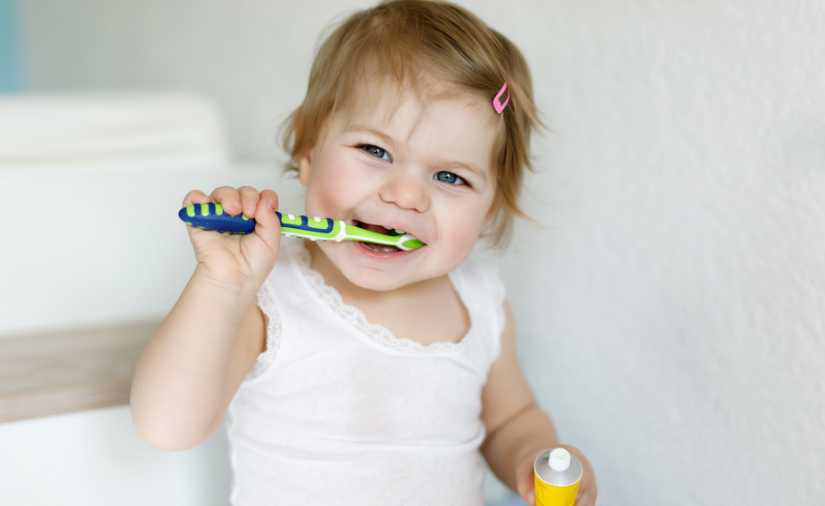
 When you bring your baby in for their first dental visit, Dr. Elizabeth or Dr. Jeff will take a peek in their mouth and check all erupted teeth to make sure they’re healthy. Then they will discuss basic baby and toddler oral care, address the
When you bring your baby in for their first dental visit, Dr. Elizabeth or Dr. Jeff will take a peek in their mouth and check all erupted teeth to make sure they’re healthy. Then they will discuss basic baby and toddler oral care, address the 
 Buy your child a new toothbrush, a tube of
Buy your child a new toothbrush, a tube of  Check the school’s gum policy and, if it’s allowed, give your child a pack of sugar-free gum to chew after lunch to help clean their teeth
Check the school’s gum policy and, if it’s allowed, give your child a pack of sugar-free gum to chew after lunch to help clean their teeth Crunchy foods like carrots, celery and apples; limit citrus fruits which erode enamel quickly
Crunchy foods like carrots, celery and apples; limit citrus fruits which erode enamel quickly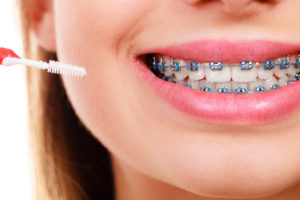 Put a travel toothbrush, a small tube of fluoride toothpaste, a container of floss and a container of dental wax in a small zipper bag and encourage them to brush their teeth after lunch
Put a travel toothbrush, a small tube of fluoride toothpaste, a container of floss and a container of dental wax in a small zipper bag and encourage them to brush their teeth after lunch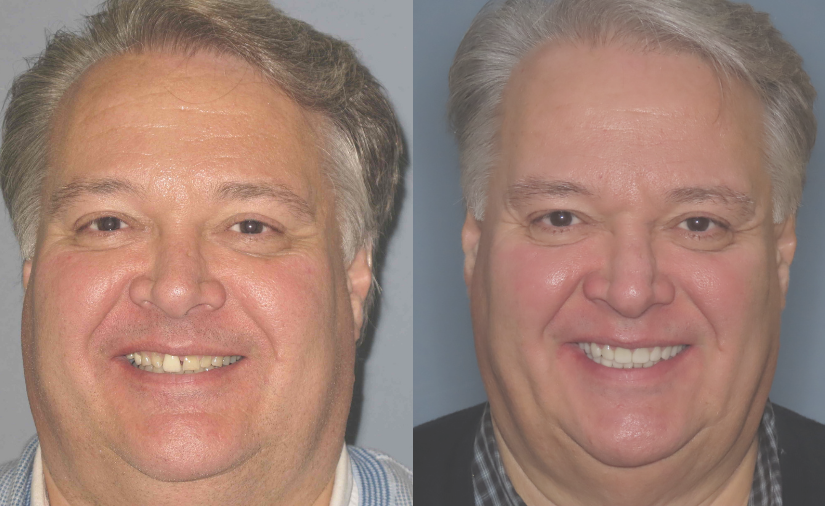
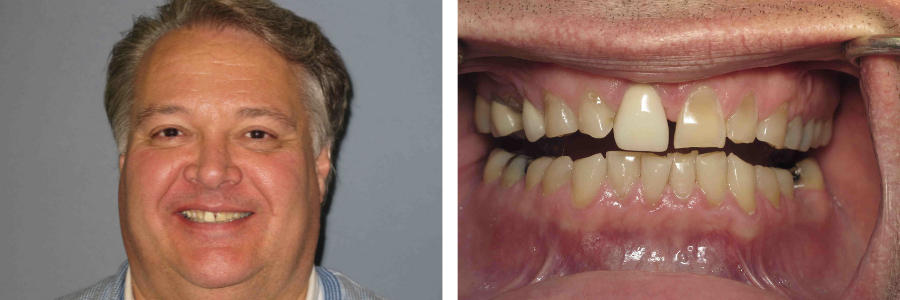
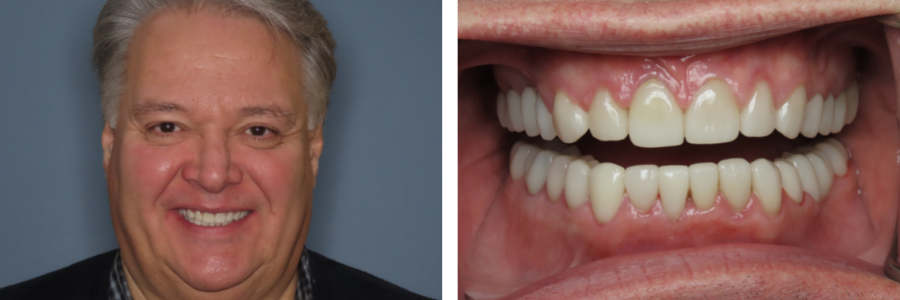

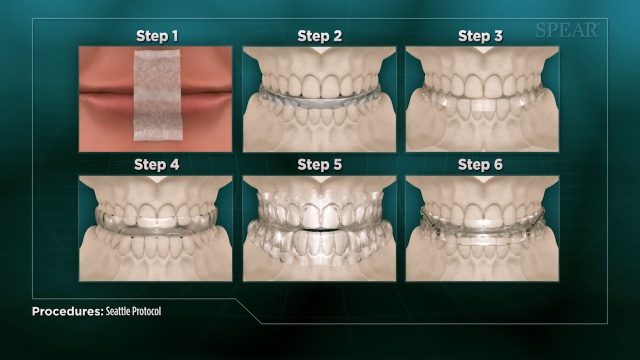
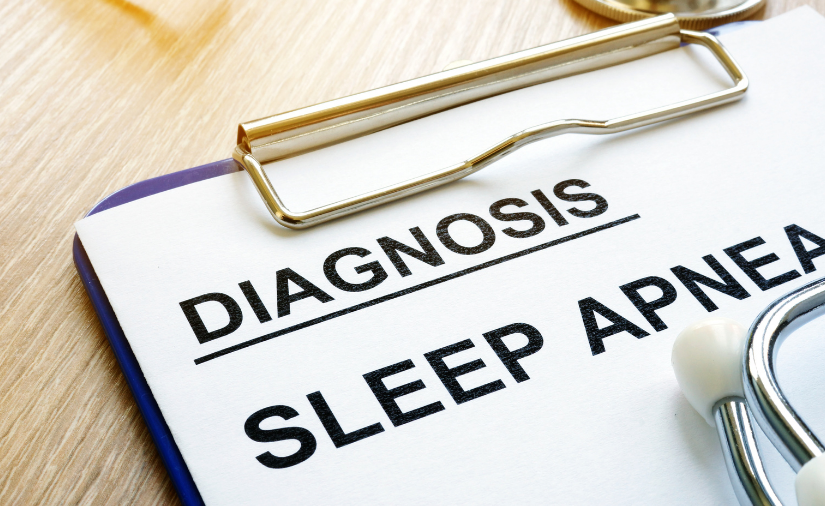
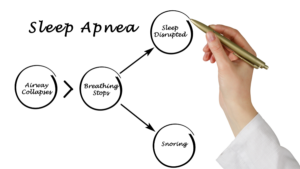 The first time we see you for sleep apnea symptoms, we will perform an assessment for signs of structural abnormalities or any physical issues that could be contributing to airway obstruction. This could include an enlarged tongue or tonsils, a small jaw or a large neck.
The first time we see you for sleep apnea symptoms, we will perform an assessment for signs of structural abnormalities or any physical issues that could be contributing to airway obstruction. This could include an enlarged tongue or tonsils, a small jaw or a large neck. A
A 
 When you come in for an appointment, we look for signs or symptoms that could be considered “red flags” for airway conditions, including sleep apnea. Dr. Elizabeth or Dr. Jeff perform an assessment to see if you have any of the following risk factors among many others:
When you come in for an appointment, we look for signs or symptoms that could be considered “red flags” for airway conditions, including sleep apnea. Dr. Elizabeth or Dr. Jeff perform an assessment to see if you have any of the following risk factors among many others: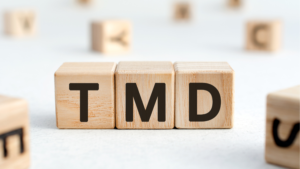 Did you know that, in
Did you know that, in  Bruxism is another condition that is often present alongside obstructive sleep apnea. Often intertwined with TMD, bruxism describes a condition caused by the clenching or grinding of teeth. It occurs unconsciously during sleep and can be another way a person’s body compensates for an airway obstruction.
Bruxism is another condition that is often present alongside obstructive sleep apnea. Often intertwined with TMD, bruxism describes a condition caused by the clenching or grinding of teeth. It occurs unconsciously during sleep and can be another way a person’s body compensates for an airway obstruction.